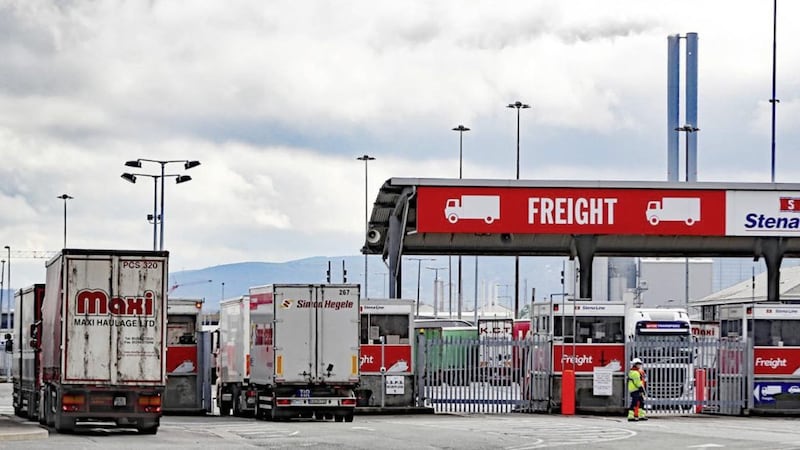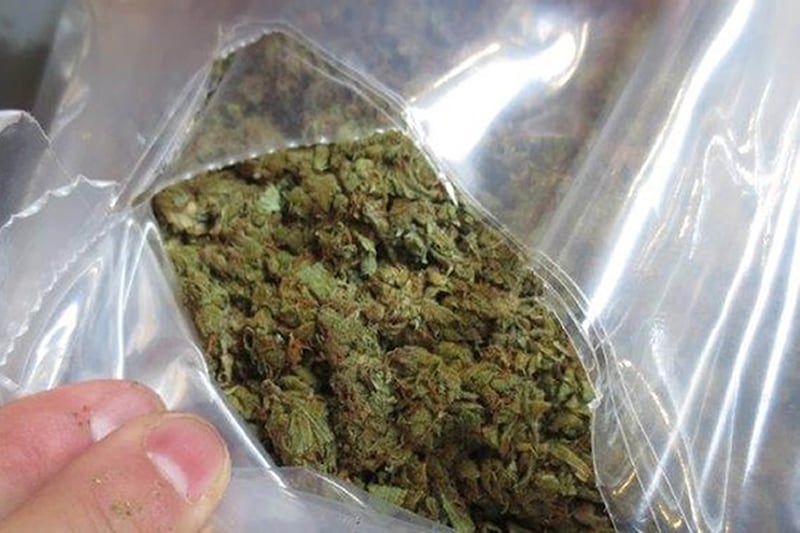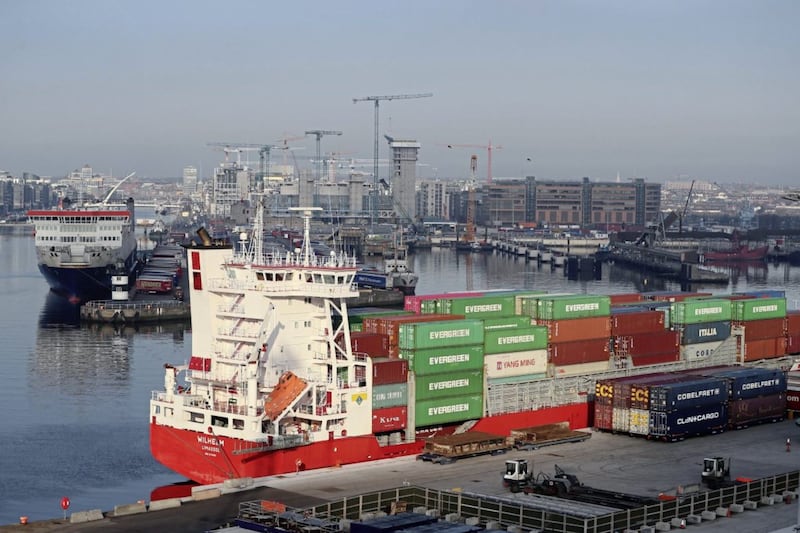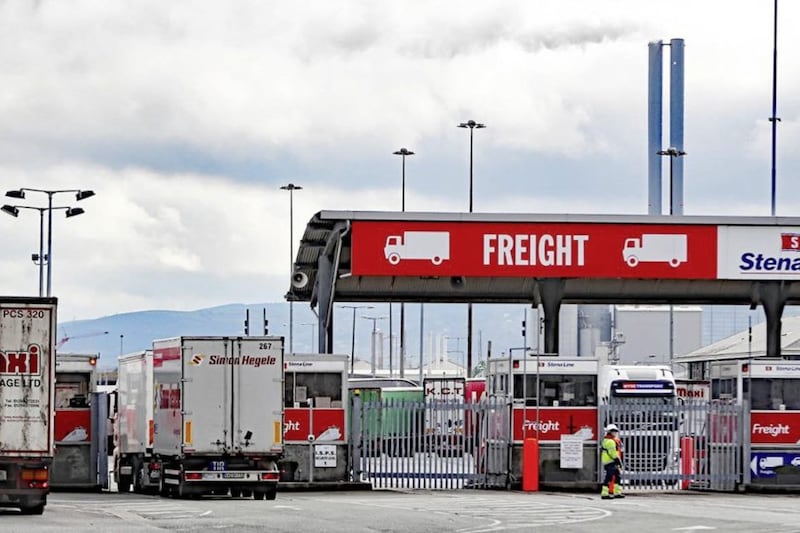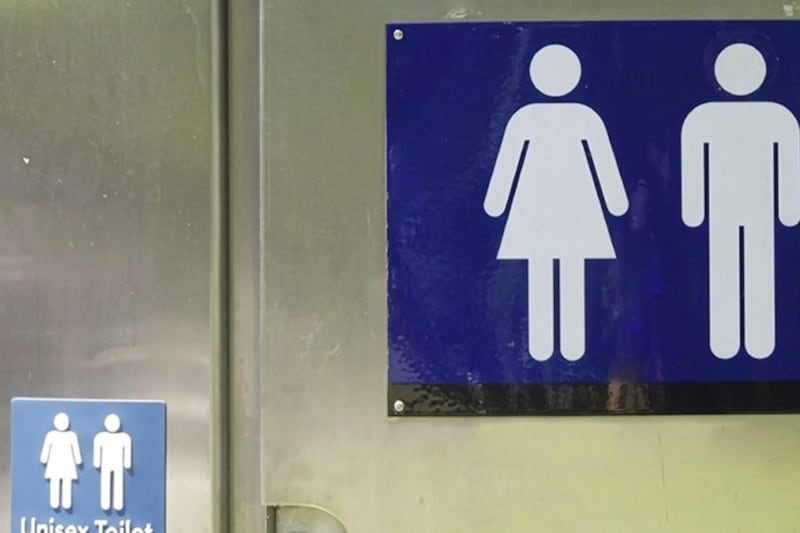THE Republic's port inspections have rejected fewer than one per cent of animal food products, plants and live animals imported from Britain since Brexit.
Since the new border controls on imports came in on January 1, Department of Agriculture inspectors have processed 24,481 consignments, 97 per cent at Dublin Port.
According to The Irish Times 27,918 checks were carried out in the 24-week period to June 20 and just 175 consignments (0.7 per cent) were rejected.
Of those rejected 90 were products of plant origin, 63 were products of animal origin and 16 did not comply with EU rules on pesticides.
Most of the rejections were of imports not accompanied by the required health certificate and in most cases the product was destroyed.
The department told the paper the rejected products were usually `just part of a load being carried by a heavy goods vehicle'.
The sanitary and phytosanitary checks are carried out the EU-designated border control posts at Dublin Port, Dublin Airport, Rosslare Europort and Shannon Airport of products of food and plant origin as well as live animals arriving from Britain.
No consignments of live animal imports were rejected.
Hazel Sheridan, head of the department's import control division, said inspectors are focusing on documentary checks, although live animal imports and 60-70 per cent of plant products are subject to identity checks.
She said these physical checks will become the focus "in the latter part of the year".
"It was pretty bumpy in the early days, but we are definitely on a much smoother road now. We have been impressed by how quickly businesses have adapted," she told the paper, describing it as "the most significant change since the EU single market was created".
"It was always going to be a very big shock to the trading system. It has been a real testament to everybody how quickly businesses have adapted and just how agile and adaptive businesses, hauliers and operators in the supply chain are in Ireland and the UK."
However, Ms Sheridan said traders should prepare for the "next shock" from October 1 when Britain begins applying border controls to exports from Ireland.
Businesses are expected to stockpile and "front-load products" ahead of that deadline.
"One of the key messages for businesses is to do things as early as you possibly can," Ms Sheridan said.
